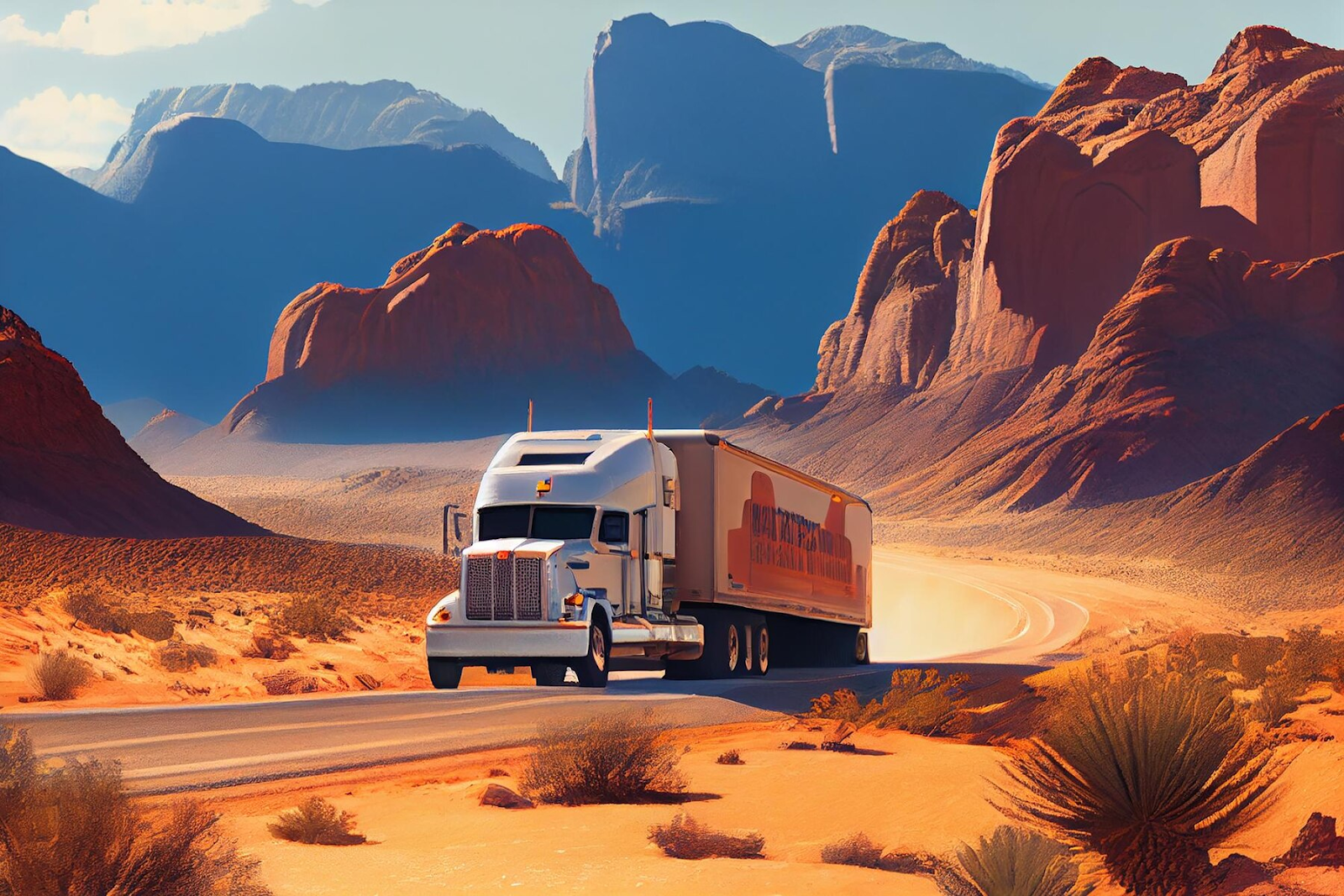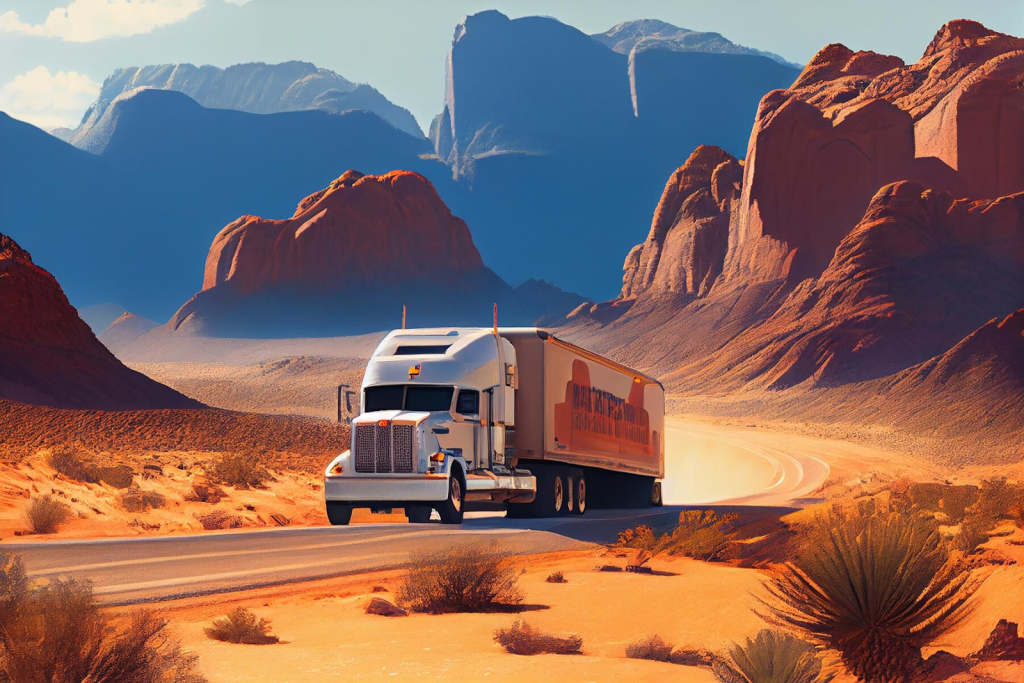Trucking involves constant risk, from long routes to tight schedules. Classic insurance providers in commercial auto can help, but they don’t always offer enough control or savings. Risk retention groups provide another option. They are owned by their members, who face similar risks and work together. By sharing resources, they can shape their own coverage and often lower their costs.

What Makes an RRG Different
An RRG is not just another insurance company. Policyholders are also part-owners, which means they have a voice in how the group operates. This structure can lead to more flexible coverage. Each member faces similar concerns, from auto liability to managing driver behavior. They can collectively decide how to handle these issues instead of waiting for an outside carrier to make all the decisions.
When commercial truckers band together, they often find better rates and fewer surprises. Money saved on premiums stays within the group. Loss control guidelines become a shared priority, since poor safety by one member can affect everyone. As a result, RRGs tend to promote active training, routine maintenance, and a culture of risk reduction.
The Value of Mutual Ownership
Trucking depends on teamwork. Drivers, dispatchers, and mechanics all play a part in getting the job done. A risk retention group follows the same idea. When members own the group, everyone has a reason to reduce risk and use resources wisely. The mutual structure used by STAR Mutual RRG allows for quick underwriting decisions and competitive rates, helping you focus on deliveries instead of dealing with delays or rising costs.
Shared Challenges on the Road
Accidents bring high costs, from truck repairs to medical bills. Standard insurance often uses one-size-fits-all coverage and overlooks the differences between local routes and long-haul fleets. An RRG can tailor protection to fit how and where you operate. When a vehicle is down, lost jobs and idle time reduce profits. Since RRGs focus on trucking, they often respond faster and help you get back on the road sooner.
Lower Costs Through Collective Power
Commercial truck insurance can be expensive. Rates are high for fleets seen as risky. When trucking businesses share ownership, they have a collective incentive to improve safety. Better records mean fewer accidents, and fewer accidents usually mean stable or reduced premiums. This is one big reason an RRG can be a good choice. Rather than paying for a traditional carrier’s overhead, you invest in a structure that returns benefits to the group itself.
Some RRGs use advanced data to help members identify areas for improvement. This might include telematics to analyze driver habits, or guidance on cargo handling to reduce damage. When accidents decrease, claims do too. That often leads to more favorable rates, because the entire membership benefits from a clean record.
Tailored Coverage for Real Operations
Different trucking niches demand different forms of protection. A fleet of box trucks making local stops faces different hazards than a group of semis hauling heavy loads. Towing companies have their own set of concerns, from damaged vehicles to roadside dangers. An RRG looks at these specifics. It can offer coverage that recognizes the details of your business, rather than forcing you into a generic plan.
Auto liability is usually the top concern, since lawsuits from accidents pose serious risks. But an RRG might also include coverage for physical damage to trucks, environmental liabilities, or cargo. The emphasis on each element depends on the membership’s priorities. This flexibility helps you avoid gaps or paying for coverage you never need.
Speed and Efficiency in Claims
Big insurance carriers sometimes take a long time to process claims or approve changes. That hurts a fast-paced operation that cannot afford downtime. A small or medium-sized trucking company may lose revenue if a claim stalls while the insurer goes through layers of review. An RRG typically uses leaner processes. Many of them invest in specialized software that provides quotes, handles endorsements, and processes claims in record time.
For instance, if you buy a new tow truck and need coverage before taking it on a job, you want an answer in hours, not days. An RRG geared toward trucking understands that urgency. Swift decisions keep your fleet moving.
Common Mistakes to Avoid
Relying on Personal Auto Policies
Personal coverage does not apply to commercial operations. If you use trucks for business, you need a commercial plan.
Ignoring Safety Initiatives
Improving driver habits and vehicle upkeep helps everyone. If your safety record slips, you can face higher premiums.
Taking the Cheapest Route
Paying the lowest premium up front might lead to bigger out-of-pocket costs in an accident. A balanced approach is often best.
Overlooking Policy Gaps
Some carriers exclude certain types of cargo or services. Double-check that your plan covers your actual activities.
Paying attention to these details prevents large financial surprises. Annual policy reviews can also help you catch any new risks that pop up over time.
Conclusion
Risk retention groups offer trucking companies a practical way to lower costs and protect their fleets. They combine shared ownership with a focus on auto liability, helping members avoid delays and get tailored coverage. Whether you run a few trucks or many, an RRG can bring lower premiums, more control, and stronger safety culture. Joining forces with others in the industry also gives access to shared tools and experience. If traditional insurance falls short, this model is worth exploring.

Founder Dinis Guarda
IntelligentHQ Your New Business Network.
IntelligentHQ is a Business network and an expert source for finance, capital markets and intelligence for thousands of global business professionals, startups, and companies.
We exist at the point of intersection between technology, social media, finance and innovation.
IntelligentHQ leverages innovation and scale of social digital technology, analytics, news, and distribution to create an unparalleled, full digital medium and social business networks spectrum.
IntelligentHQ is working hard, to become a trusted, and indispensable source of business news and analytics, within financial services and its associated supply chains and ecosystems











